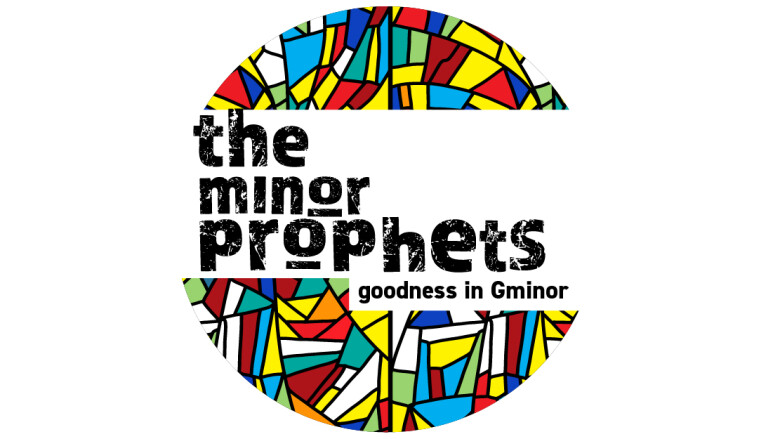Series: Goodness in G Minor
The Cheated Prophet
May 19, 2024
The Cheated Prophet
(Hosea)
Yearly Theme: “Goodness is… Governing”
Series Title: “Goodness in G minor”
May 19th, 2024
Follow along in the Bible App: http://bible.com/events/49260188
As we continue our series on the Minor Prophets in the Old Testament, we come to the longest of the 12 minor prophets (14 chapters): Hosea. Hosea is a prophet from the northern kingdom of Israel, more than likely from Samaria, who is called by GOD to prophesy against the northern kingdom for their continued idolatry and unfaithfulness to Him. In the process of calling Hosea to prophesy, GOD also tells him to go and marry a woman who has been sexually promiscuous. It must be noted here that this seems counter to the character of GOD, and at first glance it definitely is. However, as we consider the writings of Hosea, we see that Hosea is writing this part of the narrative in the past tense. Many scholars deduce from this that having married Gomer and gone through the difficulties of her unfaithfulness to him throughout his years married to her, he is, in hindsight, declaring GOD’s hand and guidance throughout his marriage to her.
Interactive Sermon Notes
You can add your own personal sermon notes along the way. When you're finished, you'll be able to save your notes as a .pdf file.
Follow Along with the Message
Series Information

May & June 2024

